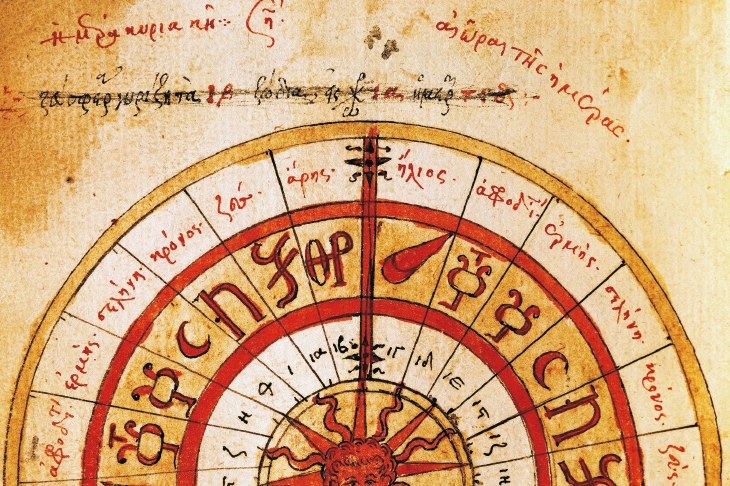This extraordinary book has two main characters: Gershom Scholem (1897–1982), an early Zionist and the founder of the modern study of traditional Jewish mysticism, and the author George Prochnik, who was 28 when he first moved with his then wife to make a new life in Israel. Stranger in a Strange Land has as subtitle ‘Searching for Gershom Scholem and Jerusalem’; but it also tells the story of Prochnik’s search for his own identity. If this sounds complicated, it is. The reader needs to pay attention to the shifts from one period and place to another.
Scholem went to Palestine in 1923 when hardly anybody from the German bourgeoisie made that move. The famous Walter Benjamin (1892–1940) was tied by close friendship to the impossible young Scholem — whose wife, Fanya Freud, remarked that Benjamin was the only person her husband had ever truly loved. Benjamin’s Marx-inflected universalism against Scholem’s Judeo-centric particularism created a permanent intellectual and emotional tension. Benjamin had a capacious mind and, unlike Scholem, has remained a thinker still widely read. He lived in an enormous mansion in Grunewald, a dandy, a precious and self-obsessed young man. Scholem was in a kind of permanent rage with Benjamin but also in awe of him. He hated his own bourgeois family’s lack of culture, and his fanatical dedication to Hebrew and the Holy Land came as a ferocious search for identity.
Readers in the English-speaking world will not find this German milieu easy to understand. By 1914, many bourgeois German Jews had turned literature, the arts and German Kultur into substitutes for acceptance as full subjects of the Reich. When in the 1880s a wave of anti-Semitic violence broke out, Berthold Auerbach, one of the most popular authors of the time, was shattered by it. He wrote to his brother: ‘In vain have I lived, in vain have I suffered.’
Scholem, in 1924, began to fulfil his Zionist dreams.








Comments
Join the debate for just £1 a month
Be part of the conversation with other Spectator readers by getting your first three months for £3.
UNLOCK ACCESS Just £1 a monthAlready a subscriber? Log in